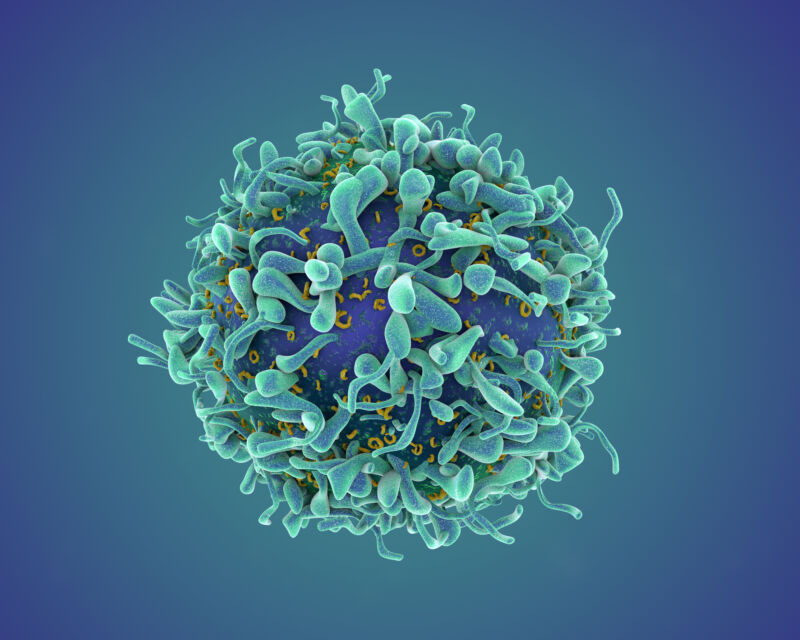
One of the adaptive immune system’s main positions is recognizing foreign substances in our bodies and unceremoniously rejecting them by eliciting inflammation. So the actuality that it allows about 100 grams of assorted international animal and plant proteins go through our digestive systems each individual day with nary a peep is curious—food allergic reactions are an exception.
The most popular explanation for this “oral tolerance” is that immune cells that respond to proteins in meals are produced but are preferentially killed or in some way inactivated. But most of the experiments leading to this conclusion have been finished with transgenic mice with a seriously depleted T mobile repertoire and as a result lacked a usual immune response. New function posted in Mother nature takes advantage of mice with a regular, performing immune program to recheck this result.
The mice had been reared on a gluten-no cost diet plan and then challenged with a part of one particular of the gluten proteins termed gliadin—a protein recognised to elicit a T mobile reaction.
(Gliadin is the half of gluten that induces celiac disease it promotes the generation of antibodies that react to a native protein in our guts that appears a little bit like gliadin. Gluten sensitivities and intolerance can be induced by gliadin as properly as other proteins and saccharides in wheat. Wheat allergies are prompted by gliadins and other proteins in wheat, but allergic reactions are mediated as a result of a distinctive arm of the immune procedure.)
A week right after the mice began ingesting the gliadin peptide, their guts saw a modest maximize in the T cells that responded to it. A couple of these T cells could prompt a weak antibody reaction, but many were being regulatory T cells (Treg cells), which are immunosuppressive. Many others appeared to be section of a populace unique from any effectively-comprehended T mobile lineages but could change into Treg cells. None of these T cells could incite inflammation. A related reaction was found when the mice ended up fed a few of other pieces of foreign proteins.
The authors suggest that beneath usual situation, the food stuff-responsive T cells differentiate down this inadequately defined “lineage-negative” path based on local immunosuppressive indicators in the intestine and, so, do not induce pathology in reaction to food stuff.
So why do foods allergic reactions materialize at all? The scientists speculate that, if irritation is presently existing the initial time you try to eat a little something, a lot more energetic T cells may possibly develop and trigger pathology.
Nature, 2022. DOI: 10.1038/s41586-022-04916-6






